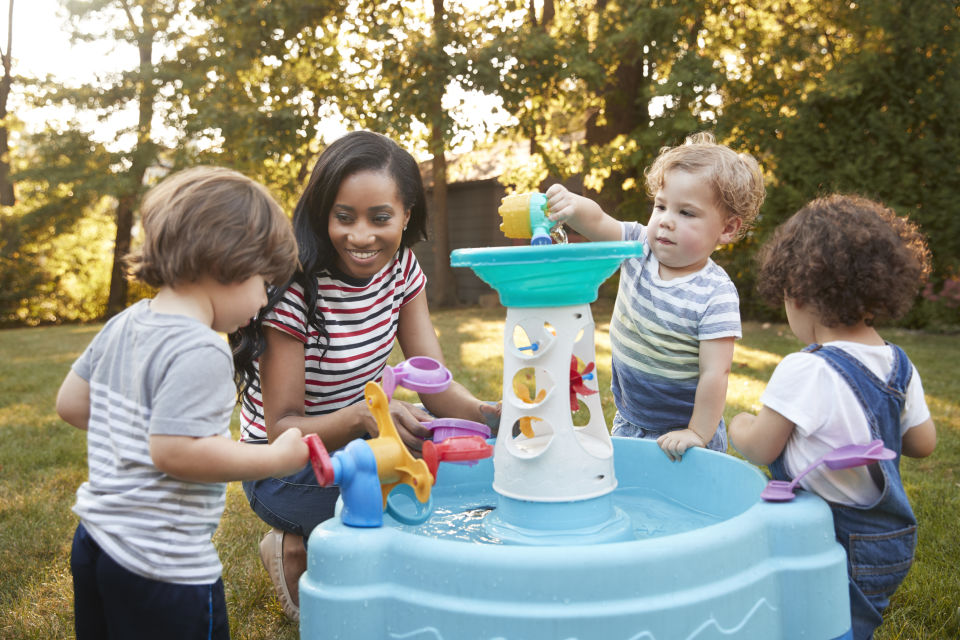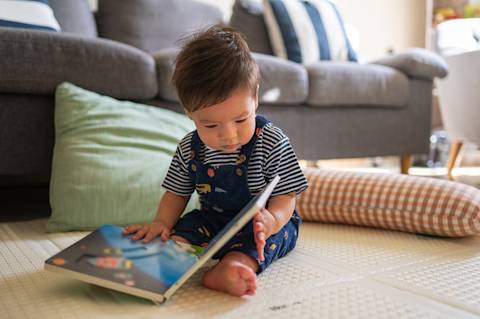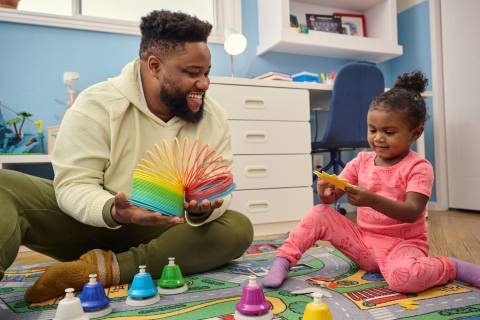For children, playing is a chance to let their imaginations take off, explore the world in a fun, child-friendly way, and develop new skills. While it’s very important for caregivers to spend time playing with their child one-on-one, it’s also beneficial for children to play with other kids. By following these steps, caregivers can set their children up for fun, successful playdates.

A playdate is a special time arranged for children to get together and play with each other. It usually involves two or more children who spend time playing games or doing activities. Playdates benefit your child’s growth and development in many ways:
Socialization: Playdates provide a chance for your child to interact with other kids their age. This helps them build social skills and learn how to share, take turns, and communicate with others.
Exposure to new activities: Playdates can expose your child to new activities and games they may not have experienced before. This can help broaden their interests and stimulate their creativity.
Parental bonding: Playdates can also be a great way for parents to bond with each other while their kids play. You can swap parenting tips and share stories about your children.
Opportunity for independence: Playdates can help your child develop a sense of independence and confidence. They'll have a chance to explore new environments and make their own choices, with you nearby for guidance and support.
If you’re ready to start organizing your next playdate, here are steps you can take that can help set the day up for success:
Talk to your child about who they’d like to spend time with. By asking your child, you’re giving them a sense of control over the playdate, which can help them feel safe and secure when the day comes.
Contact the child’s caregivers. If possible, meet them in person and talk about any expectations that you both have as well as allergies or other potential health concerns. Expectations can include things like how much screen time you both are comfortable with, how to handle difficult moments, where the children are allowed to go during the playdate, what toys they can play with, and more.
Talk about playdate ground rules with your child, and remind them several times so they remember. Children may need to be reminded to share their toys, avoid rough touches like hitting or hair pulling, and get an adult if they need help. Some caregivers find it helpful to role-play different scenarios with their child to help them understand appropriate ways to react. For example, you might role-play what your child can do if their friend isn’t sharing their toys. The more you can remind your child about your boundaries and expectations, the easier it will be for your child to meet them in the moment.
Consider how long you’d like the playdate to be. To start out with, try arranging playdates that are no longer than 60 minutes. If your child is comfortable with that amount of time, you can try increasing it to 90 minutes.
Choose a location where your child is comfortable. That might be at your home, a local park, or elsewhere.
Prep some snacks. Keep in mind any allergies or dietary restrictions. Come up with a few different games that you all can play together. If you’re looking for inspiration, check out our activities for toddlers and preschoolers.
Join in to play where you need to or when introducing a game. When you’re not playing with your child and their friend, remain nearby so you can provide any help if they need it.
Tip: You can put your ground rules on a big sheet of paper using pictures to show what they are.

Encourage Play - En inglés
The Early Childhood University - En inglés







